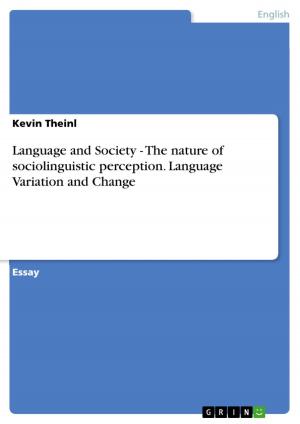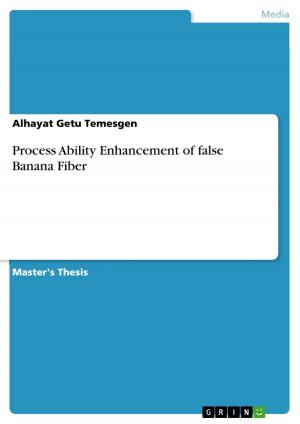Participative Budgeting and its Effects on Employee Motivation
Business & Finance, Management & Leadership, Management| Author: | Jörg Drischel | ISBN: | 9783638176682 |
| Publisher: | GRIN Publishing | Publication: | March 13, 2003 |
| Imprint: | GRIN Publishing | Language: | English |
| Author: | Jörg Drischel |
| ISBN: | 9783638176682 |
| Publisher: | GRIN Publishing |
| Publication: | March 13, 2003 |
| Imprint: | GRIN Publishing |
| Language: | English |
Essay from the year 2002 in the subject Business economics - Business Management, Corporate Governance, grade: 64% (England = B+), University of the West of England, Bristol (Bristol Business School - Bachelors Degree Business Administration), 31 entries in the bibliography, language: English, abstract: Accounting is an important aspect of management control. Budgets are unarguably the most obvious form of utilising accounting data to monitor and punish or reward strategic business units and consequently employees, regardless of whether they are managers or workers on the shop floor, according to their performance in relation to budgeted targets. 'The budget is a financial plan for implementing the various decisions that management has made' (Drury 1997, p. 8). Participation in the formation process of budgets by those ultimately affected is practised in companies with the aim to generate a better-performing workforce. Empirical evidence on the effects of participative budgeting is ambiguous and the literature is fragmented. In this paper, I shall mainly review research on participative budgeting as well as other issues in budgeting and some critical perspectives on budgeting as a means of management control.
Essay from the year 2002 in the subject Business economics - Business Management, Corporate Governance, grade: 64% (England = B+), University of the West of England, Bristol (Bristol Business School - Bachelors Degree Business Administration), 31 entries in the bibliography, language: English, abstract: Accounting is an important aspect of management control. Budgets are unarguably the most obvious form of utilising accounting data to monitor and punish or reward strategic business units and consequently employees, regardless of whether they are managers or workers on the shop floor, according to their performance in relation to budgeted targets. 'The budget is a financial plan for implementing the various decisions that management has made' (Drury 1997, p. 8). Participation in the formation process of budgets by those ultimately affected is practised in companies with the aim to generate a better-performing workforce. Empirical evidence on the effects of participative budgeting is ambiguous and the literature is fragmented. In this paper, I shall mainly review research on participative budgeting as well as other issues in budgeting and some critical perspectives on budgeting as a means of management control.















